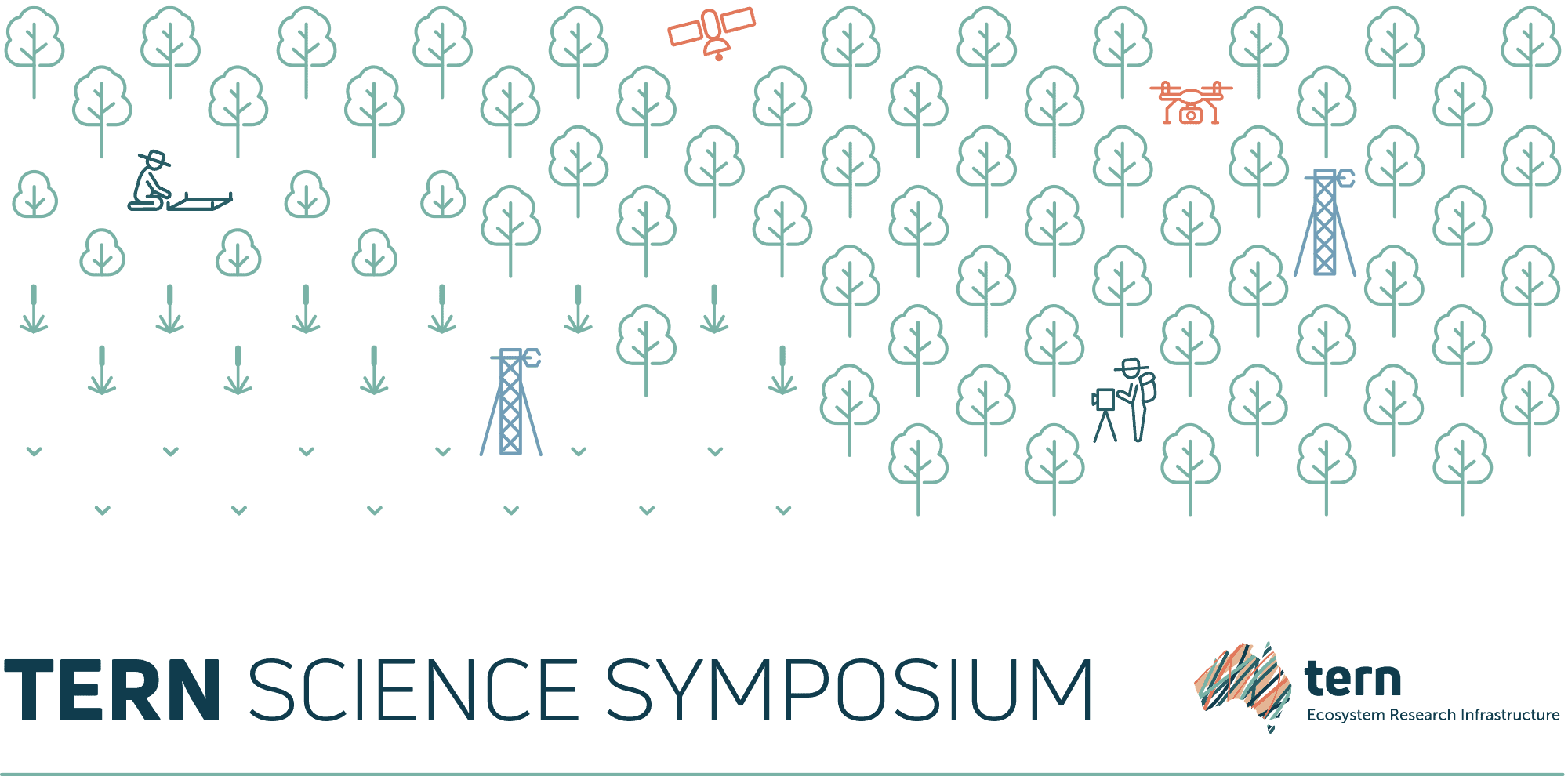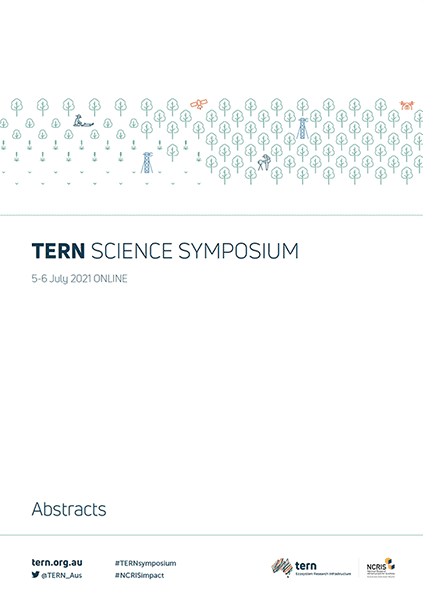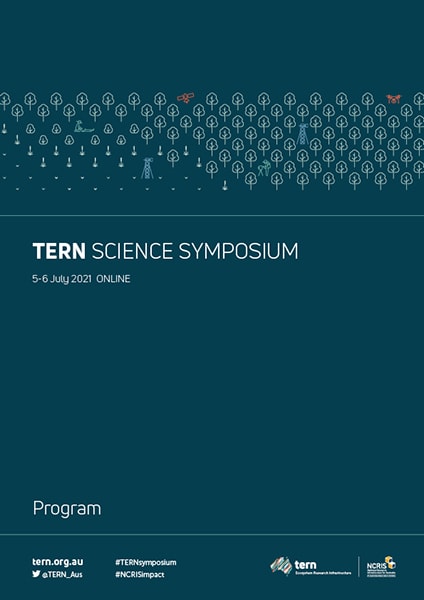The inaugural biennial TERN Science Symposium, held on 5-6 July 2021, provided two days of snappy and stimulating presentations revealing some of the innovative basic and applied research being conducted in Australia, and beyond, much of it using TERN ecosystem data and resources.
One of the planning challenges TERN faces is knowing the research questions and direction being taken by ecosystem science across its many domains and the uptake of TERN data and facilities in supporting that research.
TERN’s data and samples are freely available and are well-used by specific communities of interest, such as flux and Earth Observation groups around the world. Until now TERN has not required registration or sign-in to access data, and whilst we ask to be acknowledged and even notified at time of publishing, it has been our experience that this does not always happen for a variety of reasons.
The major source of TERN’s information about the trajectory of ecosystem science and the types of research infrastructure most in demand comes from our searching of citation indexes for research outputs that mention TERN.
The Science Symposium proved to be a revelation of an even wider range of researchers and research than that we have tracked through bibliometric analyses.
>50 quality speakers
The TERN Science Symposium was conceived as a forum to bring together what we know is a widely dispersed and eclectic range of researchers studying ecosystems, using ecosystem data in other domains or developing methods for use in ecosystem-related science.
As hoped, offering broadly defined themes attracted considerable interest from the ecosystem community leaving TERN with the happy challenge of fitting more than fifty quality speakers into a virtual program of ten hours spread over two days.
The themes were Climate impact on ecosystems; Ecosystem biodiversity; Soils and ecosystem function; Data and models for ecosystem management and decision-making; and The role of ecosystem data in Australia’s society. The program also had an open session for more broad-ranging topics.
Download the draft Abstracts (v3 5 July)
Download the draft Symposium Program (v1 24 June)
Both days began with a welcome from TERN Director Dr Beryl Morris, followed by a keynote speaker.
On day one Professor Hugh Possingham, Chair of the TERN Advisory Board and also the current Chief Scientist of Queensland, provided the keynote talk, highlighting Australia’s strong international presence in the environmental sciences with 9% of the world’s top-publishing authors in ecology coming from our country, a superb feat given our small population base.
The keynote address on day two was provided by Professor Stuart Phinn, TERN’s foundational Director. Stuart’s talk covered the challenges of translating research activities, in the context of measuring, mapping and monitoring ecosystems, to operational processes for use in government, industries and NGOs and the need for structured programs within collaborative research infrastructure facilities to ensure they are driven by both research needs and operational applications.
Before the Symposium, the TERN community identified networking and informal exchange of information as major drawcards for participating in any science forum. Thus, each of the eight sessions over the two days concluded with a facilitated live Q&A discussion to allow registrants to present questions to specific presenters and to encourage wider conversation from the panel of speakers, assisted by the session chairs, who were experts from their respective fields.
Thank you so much to the 260 people who registered to participate in this event. Feedback confirmed that the event should become a fixture in the TERN calendar, so we are already looking forward to hosting the 2023 TERN Science Symposium. For the 2021 event, if you could not see all of the Symposium as it happened, you can watch your favourite talks online via Vimeo or using the link sent to registrants.
The abstracts can be accessed from the TERN website and a citable 2021 Symposium proceedings report will be published soon.









